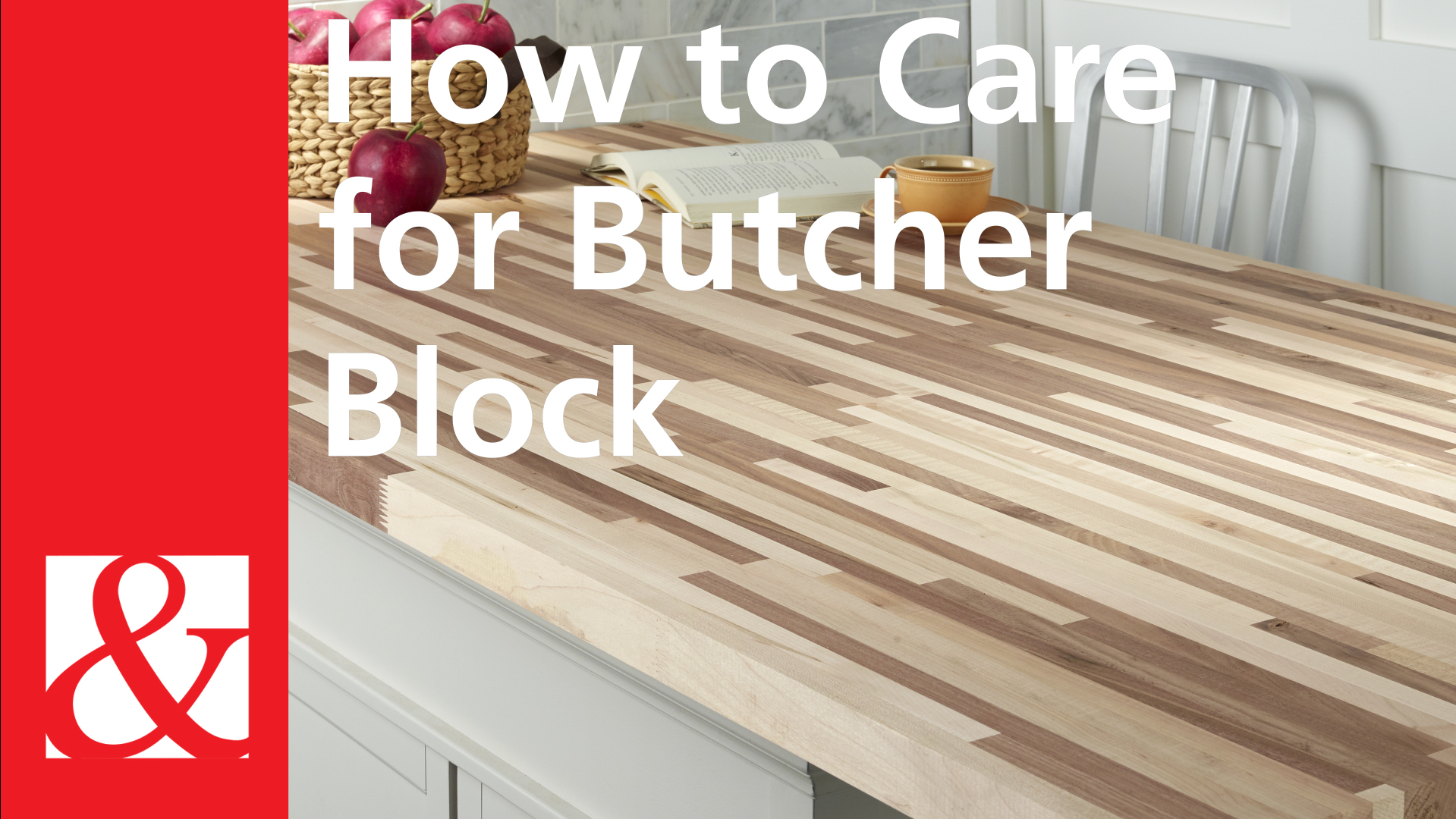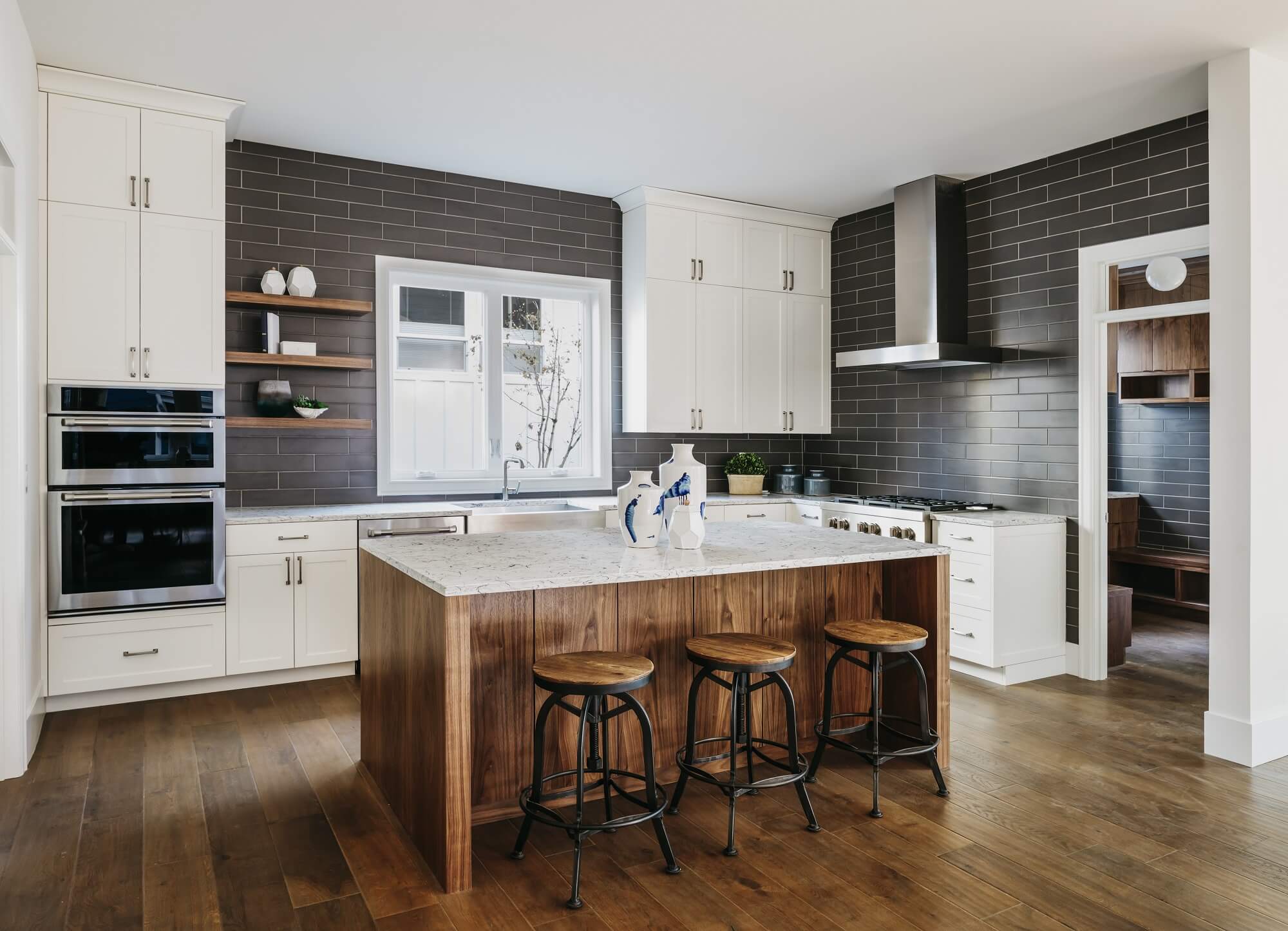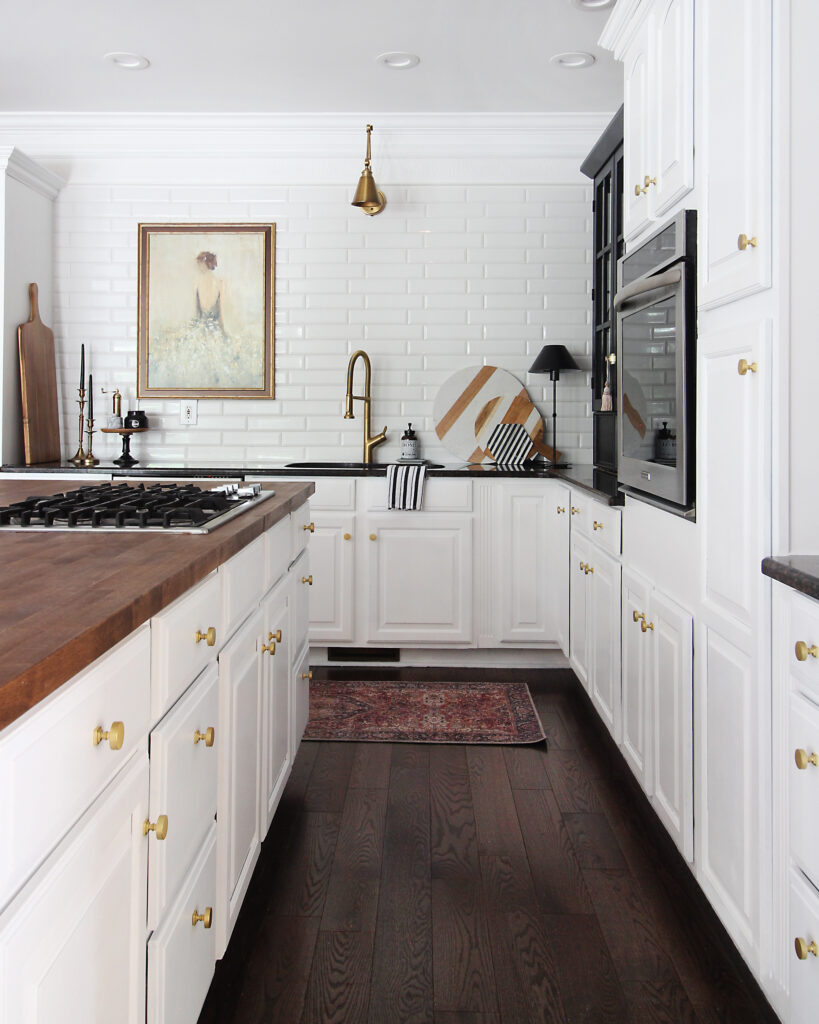If you’re considering a flooring option that marries beauty and functionality, butcher block flooring might just be your perfect match. Not only does it add warmth and charm to any space, but it also offers incredible durability. In this article, we’ll dive deep into everything you need to know about butcher block flooring and decor, sharing personal experiences and tips that will help you make an informed decision.
What is Butcher Block Flooring?
Butcher block flooring is derived from hardwood and typically consists of thick strips of wood glued together to create a sturdy surface. Traditionally used in kitchens for cutting and chopping, this innovative flooring option has become increasingly popular due to its rich aesthetic and resilience. It’s an excellent choice for homeowners who want to infuse their spaces with a rustic yet refined vibe.
Benefits of Butcher Block Flooring
1. Aesthetics
The natural beauty of wood grain can transform your space. Butcher block flooring offers various color options, from deep walnut to light maple, ensuring that you can find the right tone for your home decor.

2. Durability
Butcher block floors are extremely durable and can withstand the rigors of everyday life, especially in high-traffic areas. With proper care, they can last a lifetime.
3. Versatility
This type of flooring is suitable for various spaces, including kitchens, living rooms, and even bedrooms. It seamlessly adapts to different themes, from rustic to modern.

4. Easy Maintenance
With regular cleaning and occasional oiling, butcher block flooring can retain its beauty for years. A few minutes spent on maintenance can save you costly repairs down the road.
Types of Butcher Block Flooring

Butcher block flooring comes in several species of wood, each offering distinct characteristics. Here are a few popular options:
| Wood Type | Color | Hardness (Janka Scale) | Cost (per sq. ft.) |
|---|---|---|---|
| Maple | Light | 1450 | $4 – $8 |
| Oak | Medium | 1290 | $3 – $7 |
| Cherry | Dark Red | 950 | $6 – $10 |
| Walnut | Dark Brown | 1010 | $8 – $12 |

Choosing the Right Butcher Block Flooring for Your Home
When selecting butcher block flooring, consider the following factors:

1. Purpose of the Space
Will the area see high traffic? If so, opt for a denser wood like oak or maple.
2. Aesthetic Preferences
The wood type will significantly influence the overall look. Keep in mind how the flooring will pair with your existing decor.

3. Budget
Prices can vary based on wood species and thickness, so determine your budget ahead of time.
4. Maintenance Commitment
Different wood types may require varying levels of upkeep, so choose one that aligns with your lifestyle.

Installation Process
1. Preparation
Before installation, ensure that the subfloor is clean, dry, and level. Acclimate your butcher block planks by allowing them to sit in the room for a couple of days.
2. Tools Needed
- Measuring tape
- Circular saw or table saw
- Hammer or nail gun
- Pry bar
- Wood glue
3. Installation Types
| Installation Type | Description | Pros | Cons |
|---|---|---|---|
| Glue Down | Planks are glued to the subfloor. | Stable and quiet. | Can be messy; requires curing time. |
| Nail Down | Planks are nailed to a wooden subfloor. | Secure and long-lasting. | Requires more labor; not suitable for concrete. |
| Floating | Planks are joined together with interlocking edges. | Easy and quick installation. | Can be less stable over time. |
Maintaining Your Butcher Block Flooring
Proper maintenance is crucial to ensure longevity. Here are some essential care tips:
Regular Cleaning
Use a damp mop or vacuum to remove dirt and debris. Avoid excess moisture and harsh cleaners.
Oiling
Periodically oiling your butcher block floor helps to protect it from moisture and stains. Use a food-safe mineral oil or a specialized butcher block conditioner.
Addressing Scratches and Dents
Minor scratches can be sanded out, while deeper dents might require wood filler or professional help.
Pros and Cons of Butcher Block Flooring
As with any flooring option, butcher block has its advantages and disadvantages. Here’s a quick overview:
Pros
- Natural warmth and beauty
- Durable and long-lasting
- Easy maintenance
- Suitable for various decor styles
Cons
- Can be prone to scratching
- Requires regular maintenance
- Not ideal for areas with heavy moisture
Personal Experience: Living with Butcher Block Flooring
When I first installed butcher block flooring in my kitchen, I was immediately swept away by the warm ambiance it created. I opted for maple, with its light tones beautifully contrasting my dark cabinetry. Over the years, the flooring has held up remarkably well against spills and daily wear, although I remain diligent about maintenance. I oil the floors every six months, ensuring they retain their luster.
FAQs About Butcher Block Flooring
1. Can butcher block flooring be refinished?
Yes, one of the significant advantages of butcher block flooring is its ability to be sanded and refinished, similar to traditional hardwood floors.
2. Is butcher block flooring suitable for kitchens?
Absolutely! Butcher block flooring is a popular choice for kitchens due to its durability and aesthetic appeal.
3. How do I remove stains from butcher block flooring?
For light stains, a mixture of white vinegar and water can be effective. For tougher stains, consider using a paste of baking soda and water.
4. Is butcher block flooring eco-friendly?
Yes, especially if sourced from sustainably managed forests. It’s a natural, renewable resource.
5. How does butcher block compare to other flooring options?
Compared to tile or laminate, butcher block offers a warmer feel and is easier to repair, but it may require more maintenance.
Conclusion
Butcher block flooring is more than just a beautiful option for your home; it’s a functional, durable, and timeless choice that can enhance any space. With the right care and attention, your butcher block floors can continue to impress for years to come. Whether you’re renovating your kitchen, living room, or any other area, consider integrating butcher block flooring into your design for a warm, inviting feel.